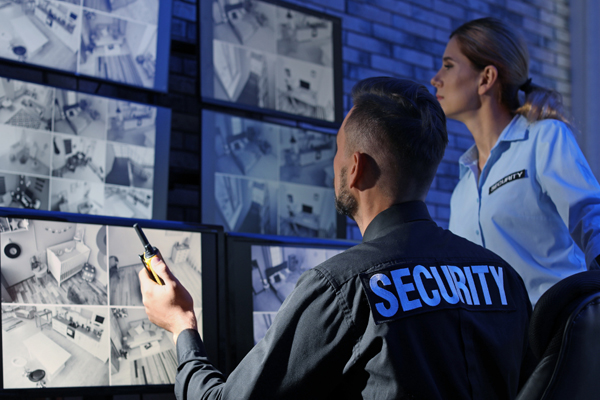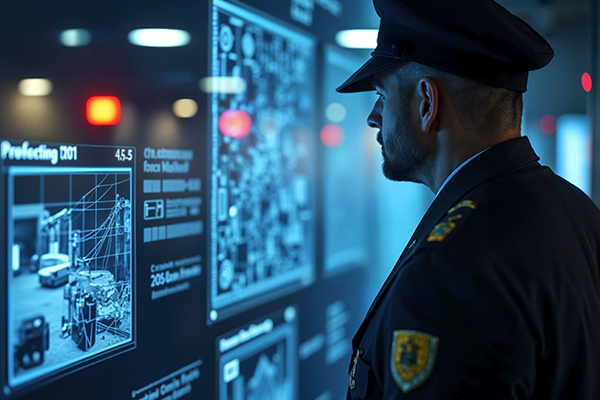About Us
Best Solution Facility Management and Allied Services Private Limited. is a trusted name in the field of integrated facility management and support services across India. Established with a vision to deliver high-quality, reliable, and customized solutions, we specialize in providing a wide range of services tailored to meet the diverse needs of corporate, industrial, residential, and commercial clients.





